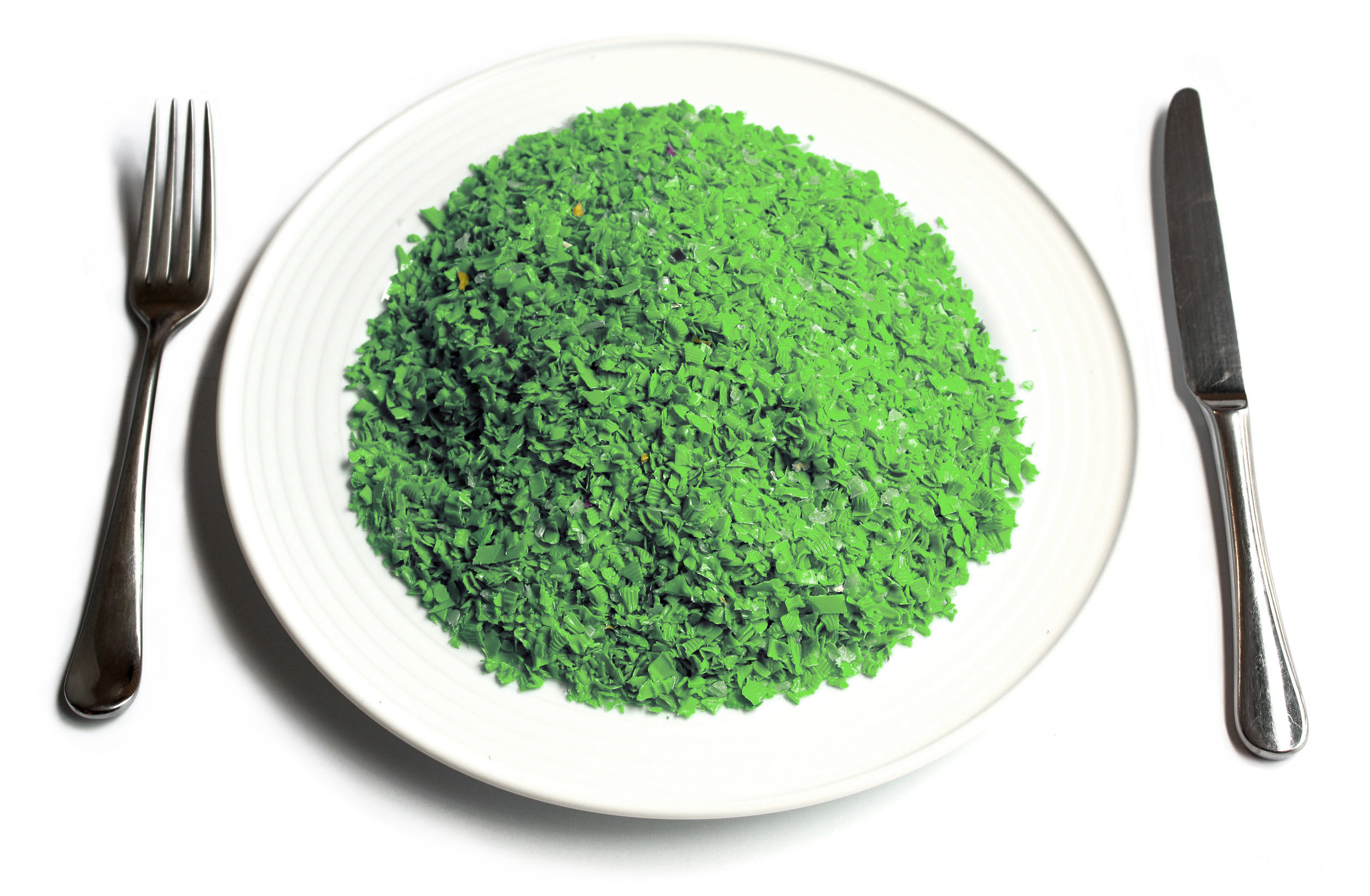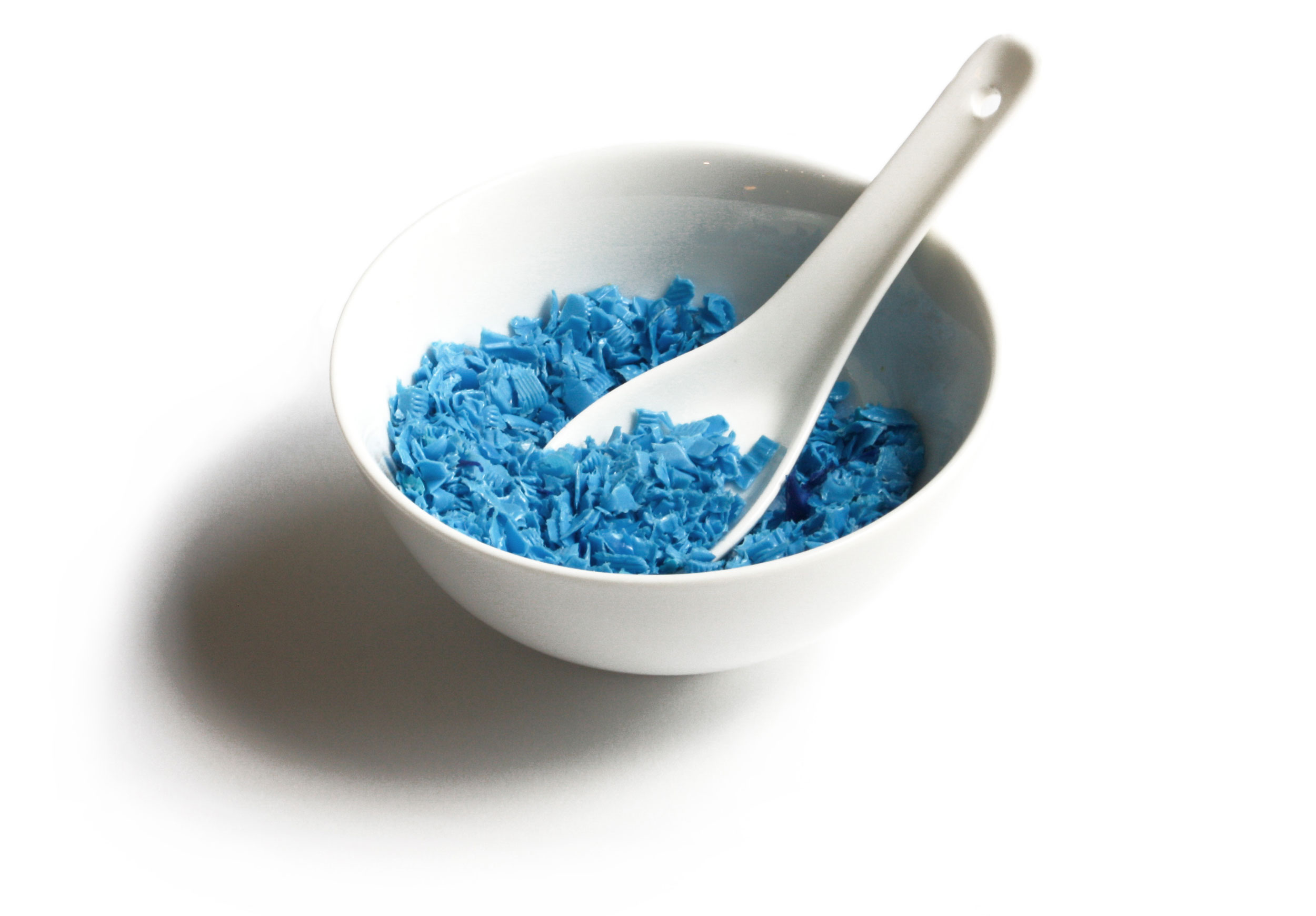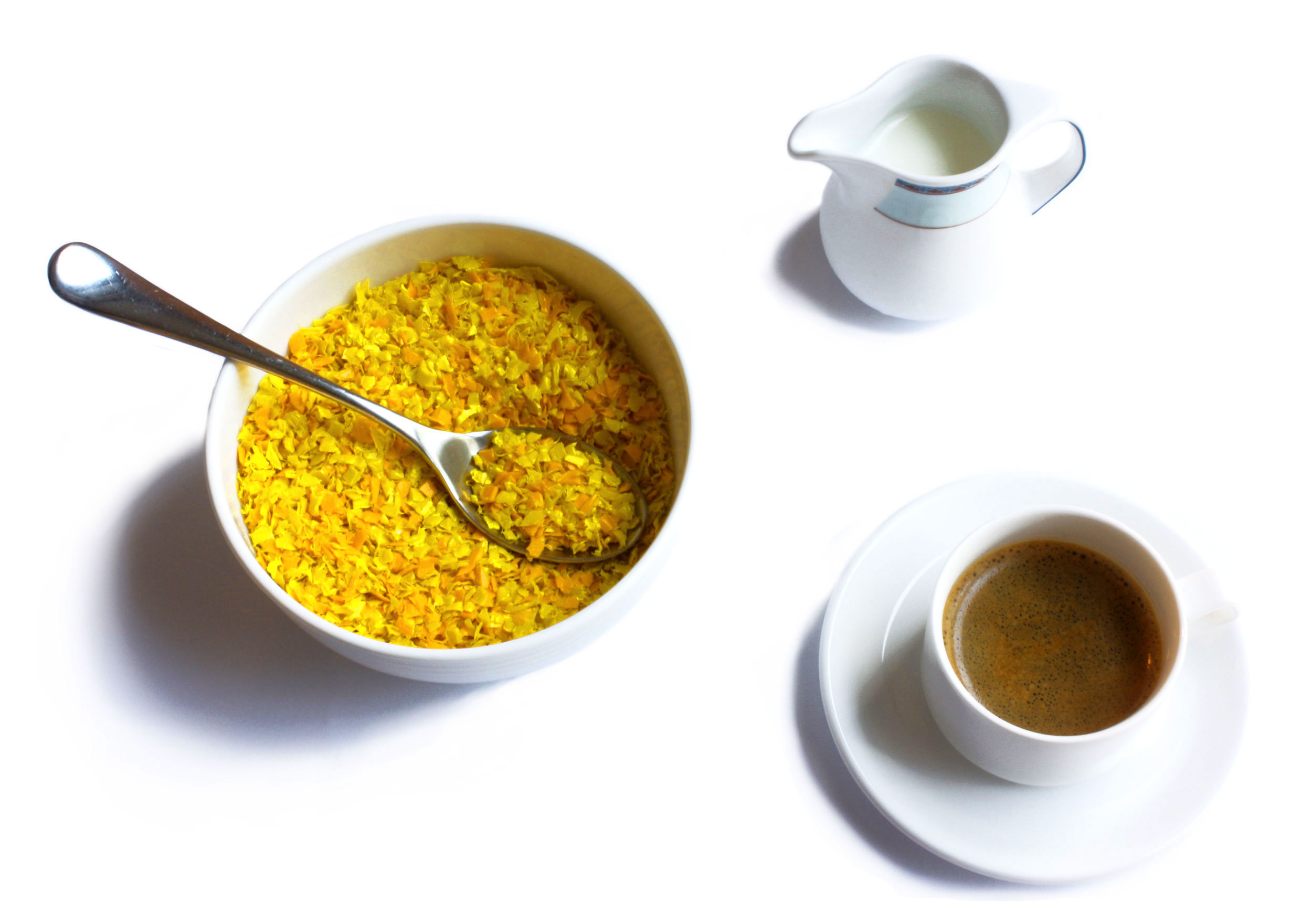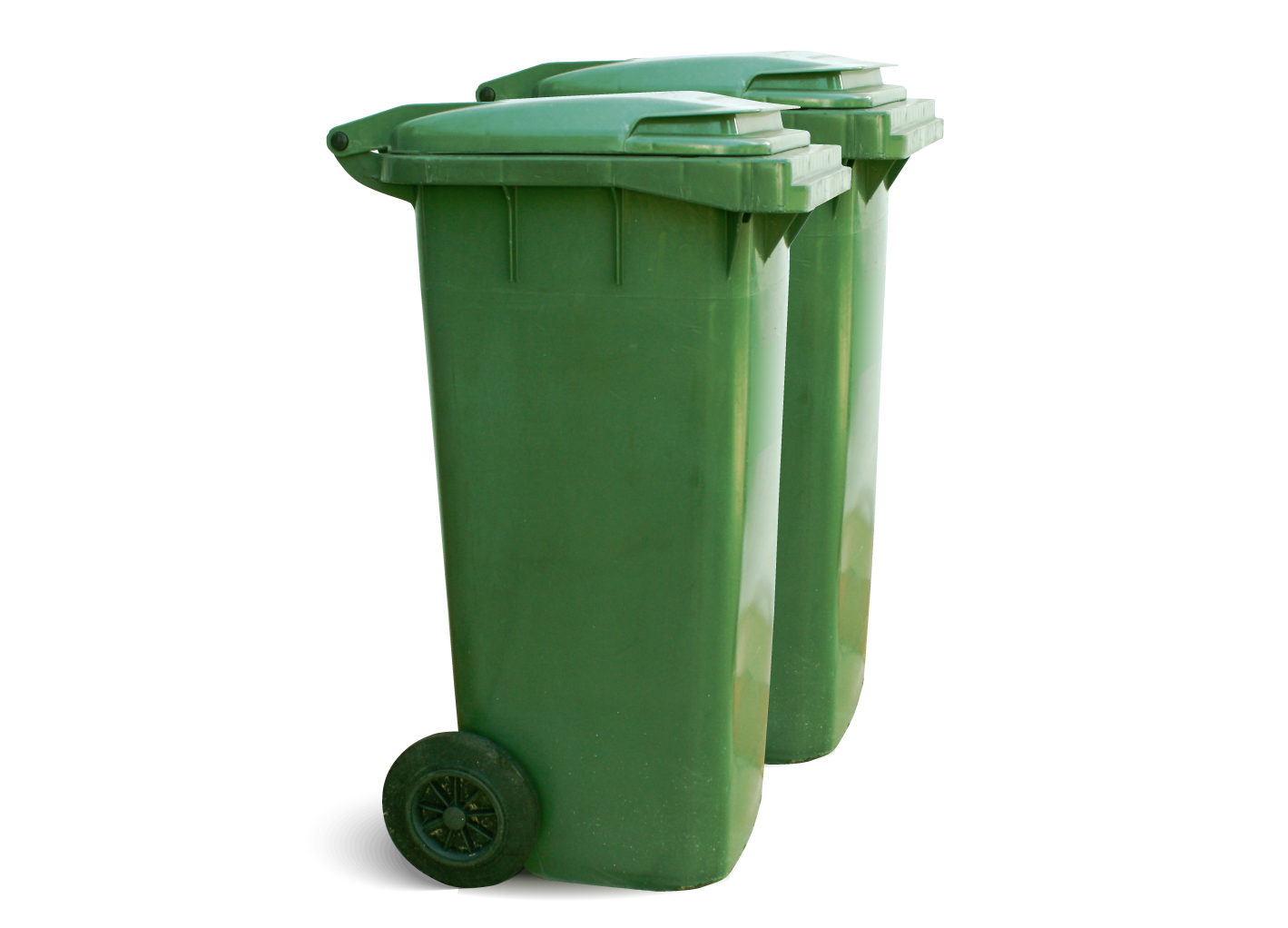Have yourself a plateful of plastic!
Plastics are everywhere and even inside our bodies. We are breathing, eating and drinking microplastic every day. How much do we unintentionally swallow?
Plastic does not biodegrade. Instead, it breaks down into smaller pieces, and ultimately ends up everywhere, including in the food chain. Pieces that are less than five millimeters in length, around the size of a sesame seed, are called “microplastics.”
Dozens of reports have been published on microplastics, but the scientific community is still only scratching the surface of understanding just how much plastic we consume and how harmful it could be.
People could be ingesting the equivalent of a credit card of plastic a week, a recent study by WWF International concluded, mainly in drinking water but also via sources like shellfish, which tend to be eaten whole so the plastic in their digestive systems is also consumed.
Based on the findings of the study, Reuters Graphics extrapolated these amounts over a human lifetime and visualized them in photos.
Every week
5 grams of plastic
That’s about the same weight as a plastic bottle cap and enough shredded plastic to fill a porcelain soup spoon.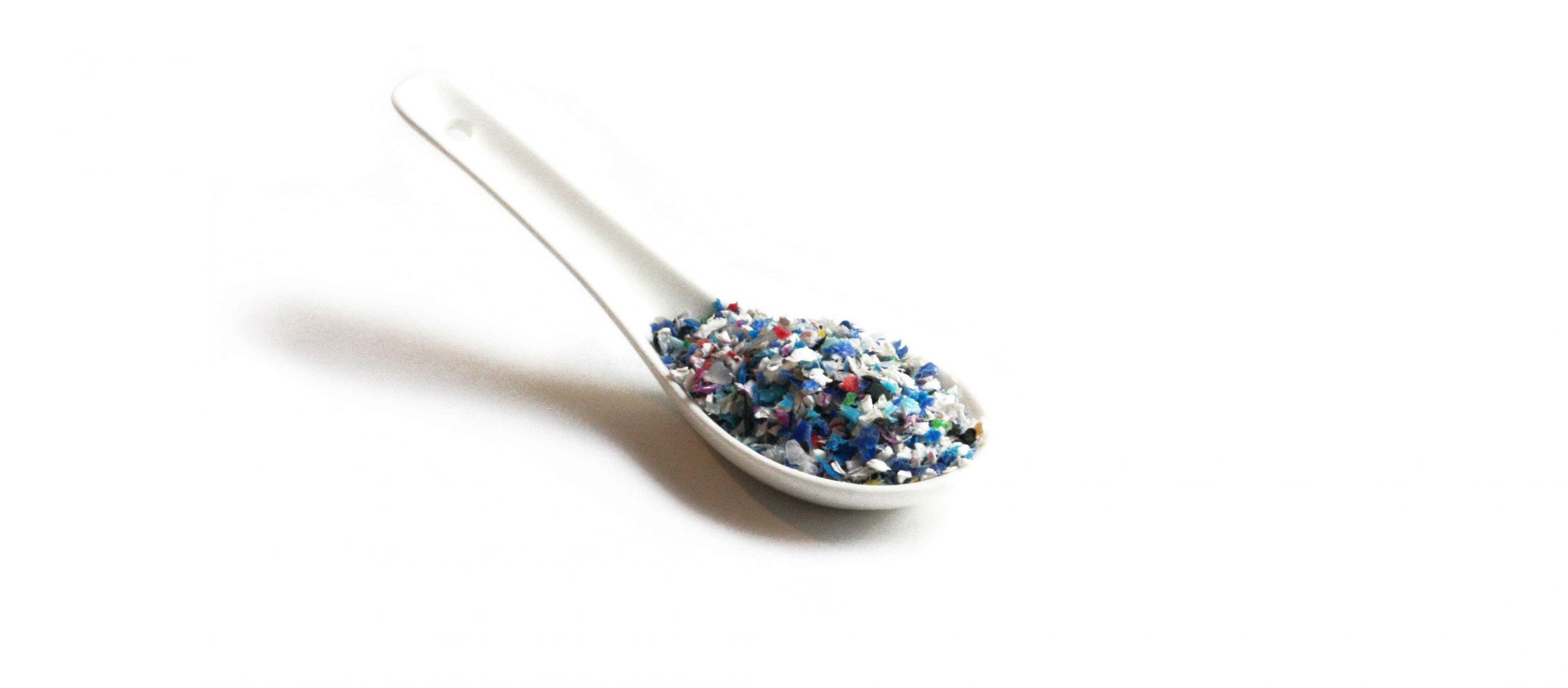
Every month
21 grams of plastic
That’s about the same weight as five casino dice and enough shredded plastic to half-fill a rice bowl.
Every 6 months
125 grams of plastic
That’s enough yellow shredded plastic flakes to fill a cereal bowl, as pictured below.
Every year
250 grams of plastic
That’s a heaped dinner plate’s worth of shredded plastic, as pictured below.
Every 10 years
2.5kg of plastic
Reuters did not have enough shredded plastic to weigh in order to visualize this comparison. However, a standard life buoy weighs 2.5 kilograms so we found one of those.
In our lifetime
20kg of plastic
The average human lives for 79 years. Using the current estimate of microplastic in our diets and assuming the situation doesn’t improve or worsen, that equates to 20 kilograms of plastic consumption. That’s more plastic than the two mobile recycling bins shown below, which only weigh 10kg each.
“We have been using plastic for decades but we still don’t really understand the impact of micro- and nano-sized plastic particles on our health,” said Thava Palanisami of Australia’s University of Newcastle, who worked on the WWF study.
“All we know is that we are ingesting it and that it has the potential to cause toxicity. That is definitely a cause for concern.”
Source: Reuters Graphics
For more regular updates on the EPPIC Competition and our work against plastic pollution, like and follow our Facebook page at Ocean or Plastic?
More new

05/08/2024
“Fame Casino Account” “Glory Casino Account” Content H Banking Diploma Exam Routine Bank Smart Result Publish (july, Hsc Routine...

23/07/2024
Apostas Esportivas: Palpites De Futebol, Casas De Apostas & Bônus 3 Bons E Mais Populares Internet Sites De Apostas Esportivas Nacionais: Pix55,...

10/07/2024
Mostbet Mostbet’i Keşfetmek: Daha Önce Hiç Olmadığı Gibi Bahis Yapmak Content Azərbaycanda Mostbet Az Casin Mostbet Türkiye Bahis Oranları...




